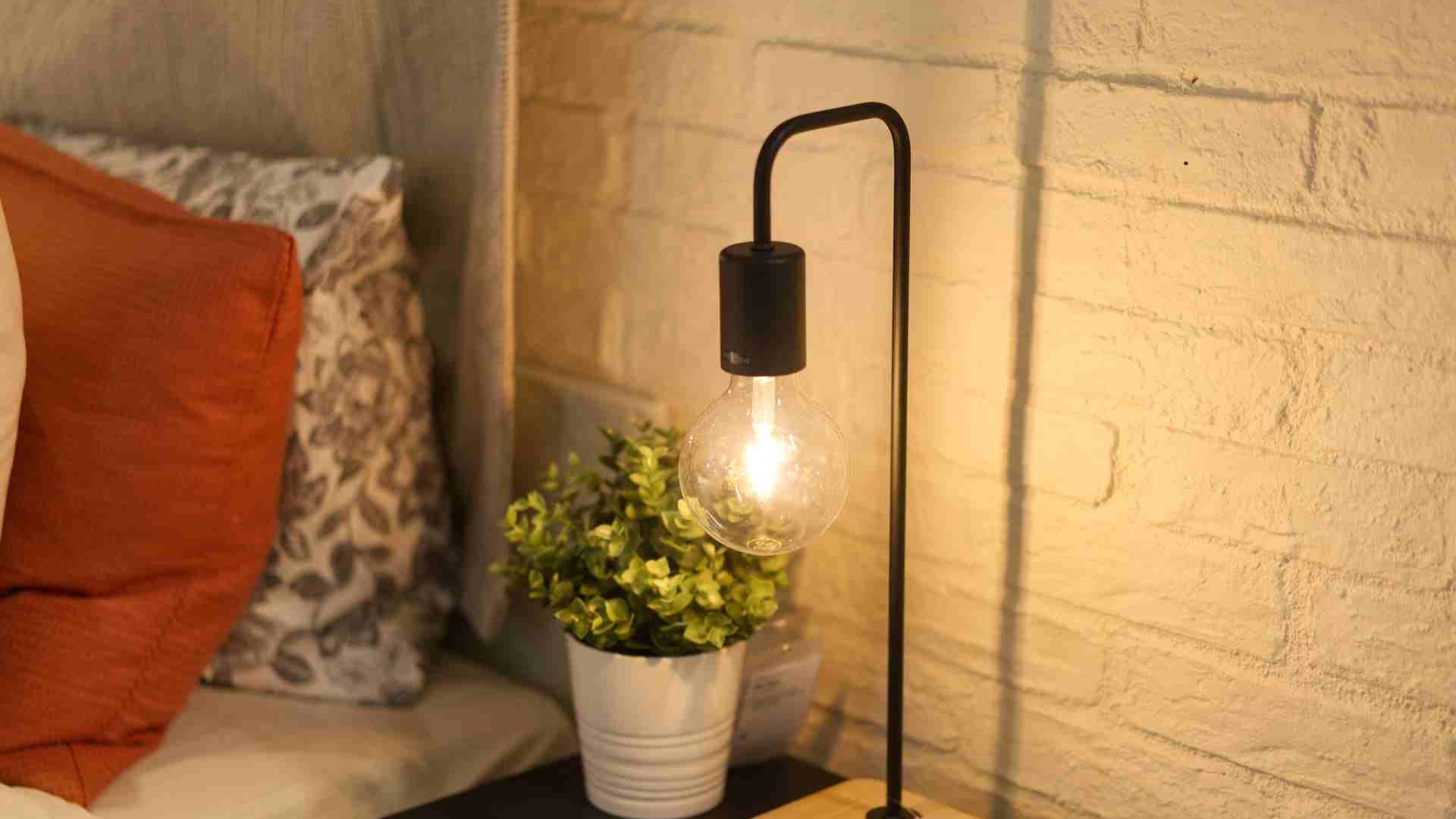
How Sleep Impacts Mental Health
Sleep has a huge influence on our physical and mental health. Insufficient sleep is related to many chronic health problems, including heart disease, depression, diabetes, stress, and much more. Not only this, but oversleeping has also been shown to negatively affect health or at least be a symptom of poor health.
It’s a difficult balance to strike. Most research suggests that between 7 and 9 hours is optimal. With insomnia affecting around 6-10% of the adult population, research on how to improve our sleep and the adverse effects of our sleeping habits is more important than ever.
Sleep science
Despite it being ubiquitous across the animal kingdom, relatively little is known about the evolutionary purpose of sleep. We know it supports healthy brain functioning, as well as many other physiological processes, but nobody quite understands how or why the brain disconnects itself from its environment.
Many theories have been proposed to explain its function. And whilst some have been substantiated – such as its roles in memory processing and repairing DNA – many remain uncertain. This highlights the multifaceted role of sleep, likely taking on multiple functions as we evolved. What we can be certain of, though, is that its regulation is determined by our bodies’ cycles.
Circadian rhythms
Whilst the overarching purpose of sleep remains elusive, our circadian rhythms are well-understood. These are 24-hour-long cycles that determine when we dose off and rise – i.e., our sleep-wake cycle – and have been broadly seen across many forms of life, including bacteria, fungi, animals, and plants. This is largely influenced by environmental factors, such as light/dark, temperature, etc.
They should therefore be huge considerations in our approach to sleep. For millions of years, life has evolved and flourished under this framework. So, with the advent of modern technology and the resulting changes to our daily lives, it’s no wonder so many people struggle with adequately resting in contemporary society. It’s also no wonder that, simultaneously, we have seen a sharp increase in mental health difficulties and disorders.
Effects on mental health
Sleep deprivation has been shown to have many adverse effects on mental health, such as:
- Increased feelings of depression and anxiety
- Increased risk of psychosis
- Difficulty staying focused
- Irritability
- Diminished ability to meet daily demands, such as socializing or working
- Mood fluctuations
- Higher levels of stress
- Lower emotional resilience
Often, it is difficult to say whether this deprivation is a symptom or the cause of some mental disorders. We do know, though, that a good night’s rest significantly improves our general outlook and mood, and long term can have hugely beneficial effects on our mentality. So, it should be a top priority for everyone, but especially those experiencing poor mental health.
How to improve sleep
Whilst there is still much to be uncovered in this field, there is an abundance of research on how to improve sleep hygiene.
One MDPI study found a significant positive effect of physical exercise – such as walking, cycling, and yoga – on sleep quality and efficiency. It is well-known that exercise reduces the time it takes to fall asleep, a significant component of sleep insufficiency.
Another found that the use of technological devices severely hinders sleep in adolescents. The light emitted by smartphones is similar to sunlight, leading the body to believe it is still daytime. As a result, it delays the production of melatonin – a hormone that induces sleep. So, limiting screen time, particularly at night, is important to ensure adequate rest.
It is also important to establish a routine, i.e., going to bed at the same time every night and waking up at the same time every morning. This strengthens your body’s sleep-wake cycle, which is crucial for high-quality rest.
Eating habits are also very important. For example, eating too close to bedtime can make it difficult to fall asleep or lead to lower-quality sleep. Drinking caffeine or alcohol also has a negative effect on our sleeping patterns, with much research showing that decreasing caffeine intake improves sleep quality, as well as other parameters, such as, anxiety levels, blood pressure, etc.
Summary
Human society has drastically evolved from that of our primitive ancestors; unfortunately, our biology has changed less so. Our changing sleeping habits have exerted a major toll on our mental health at the global level. Developing good sleeping habits and acting in line with our circadian rhythms are more important than ever for mental stability in contemporary society. If you want to find out more, you can access lots of sleep-related research for free on the MDPI website.










